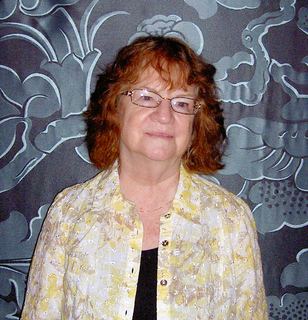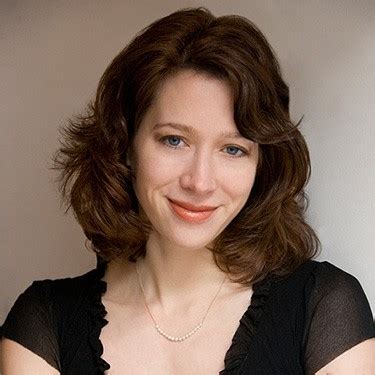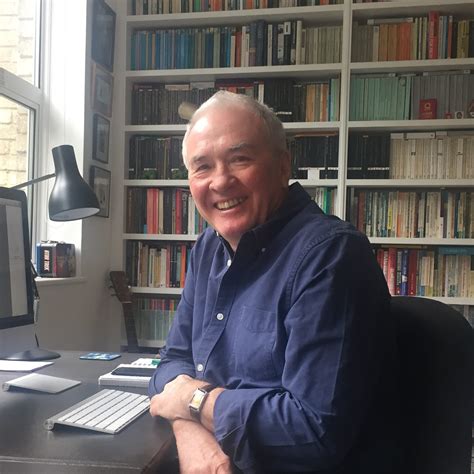A Quote by Patricia A. McKillip
At its best, fantasy rewards the reader with a sense of wonder about what lies within the heart of the commonplace world. The greatest tales are told over and over, in many ways, through centuries. Fantasy changes with the changing times, and yet it is still the oldest kind of tale in the world, for it began once upon a time, and we haven't heard the end of it yet.
Related Quotes
Fantasy is escapism, but wait... Why is this wrong? What are you escaping from, and where are you escaping to? Is the story opening windows or slamming doors? The British author G.K. Chesterton summarized the role of fantasy very well. He said its purpose was to take the everyday, commonplace world and lift it up and turn it around and show it to us from a different perspective, so that once again we see it for the first time and realize how marvelous it is. Fantasy - the ability to envisage the world in many different ways - is one of the skills that make us human.
What do you know about yourself? What are your stories? The ones you tell yourself, and the ones told by others. All of us begin somewhere. Though I suppose the truth is that we begin more than once; we begin many times. Over and over, we start our own tales, compose our own stories, whether our lives are short or long. Until at last all our beginnings come down to just one end, and the tale of who we are is done.
I guess one of the most magnificent things a novel can do is to change your perspective on the world, and to give it some sense of wonder, and that's what I find so exciting in writing fantasy, especially fantasy for children. Because already, I think children have a very special and unusual way of seeing the world.
...You believe that the kind of story you want to tell might be best received by the science fiction and fantasy audience. I hope you're right, because in many ways this is the best audience in the world to write for. They're open-minded and intelligent. They want to think as well as feel, understand as well as dream. Above all, they want to be led into places that no one has ever visited before. It's a privilege to tell stories to these readers, and an honour when they applaud the tale you tell.
In fantasy stories we learn to understand the differences of others, we learn compassion for those things we cannot fathom, we learn the importance of keeping our sense of wonder. The strange worlds that exist in the pages of fantastic literature teach us a tolerance of other people and places and engender an openness toward new experience. Fantasy puts the world into perspective in a way that 'realistic' literature rarely does. It is not so much an escape from the here-and-now as an expansion of each reader's horizons.


































